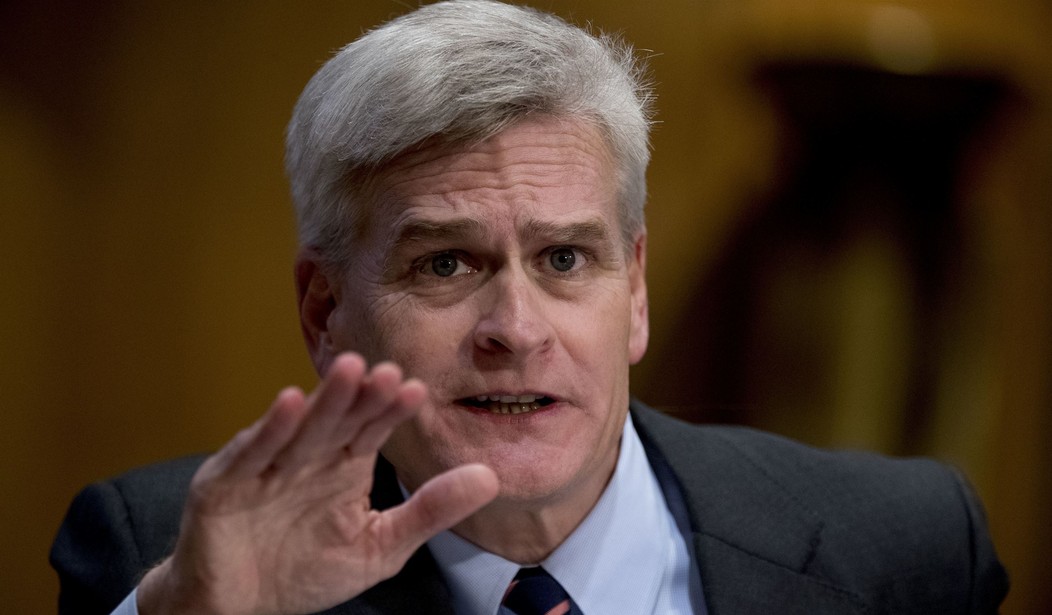Despite the looming and unpredictable threat of the coronavirus, by and large, it seems that parents want to send their kids back to school this fall. If they don't, the consequences will be more than a stunted education. Many kids rely on school lunches and parents who need to return to work worry where to place their children if school is not an option. These concerns were addressed by the Trump administration last week as they urged schools to reopen.
"In a sense we're saying 'wipe away a year of your education, knowing that you're only 7 years old, or 11 years old once in your life, you'll never get that opportunity to learn once more, so that we don't spread it to other people,'" Sen. Bill Cassidy (R-LA) said on Fox News. "That is an opportunity cost that particularly affects those who are less well off."
Dr. Cassidy, a member of the Health, Education, Labor and Pensions Committee, had a better way to go about it. If a child is symptomatic, he said, don't come to school, have officials check temperatures of kids when they arrive, and have a testing strategy at the school or in the community that requires students to quarantine if they have COVID-19.
Some educators have voiced their concerns about returning to work, fearing for their health. The Florida Teachers Union even sued Gov. Ron DeSantis to block in-person classes, predicting "an explosion of cases and sickness." Cassidy said there's no need for all this doom and gloom. Teachers, he noted, can maintain social distancing from their pupils, wear masks and gloves, and take other precautionary measures.
Recommended
Rep. Steve Scalise (R-LA) shared some other findings from the American Academy of Pediatrics that also concluded we can reopen schools safely, and that it would be more harmful to keep kids home.
WATCH: @SteveScalise discusses the importance of getting children back to school in the fall amid the COVID-19 pandemic #nine2noon pic.twitter.com/Cb1xfMxw2c
— America's Newsroom (@AmericaNewsroom) July 21, 2020
"We put a man on the moon," Scalise reasoned. "To suggest that we can't figure out a way to safely reopen schools is ludicrous."
Dr. Scott Atlas has explained how distance learning has negatively impacted students' growth, leading to a 50 percent decrease in both math and reading skills. Additionally, learning by computer strips kids of socialization with friends and peers. He understands that teachers are fearful, but, looking at the bigger picture, 82 percent of K-12 teachers are under 55, and half are under 41. What's more, he said, the data shows that kids do not significantly transmit the disease to adults.
For all these reasons, he said, "there's no reason to lock up the children."

























